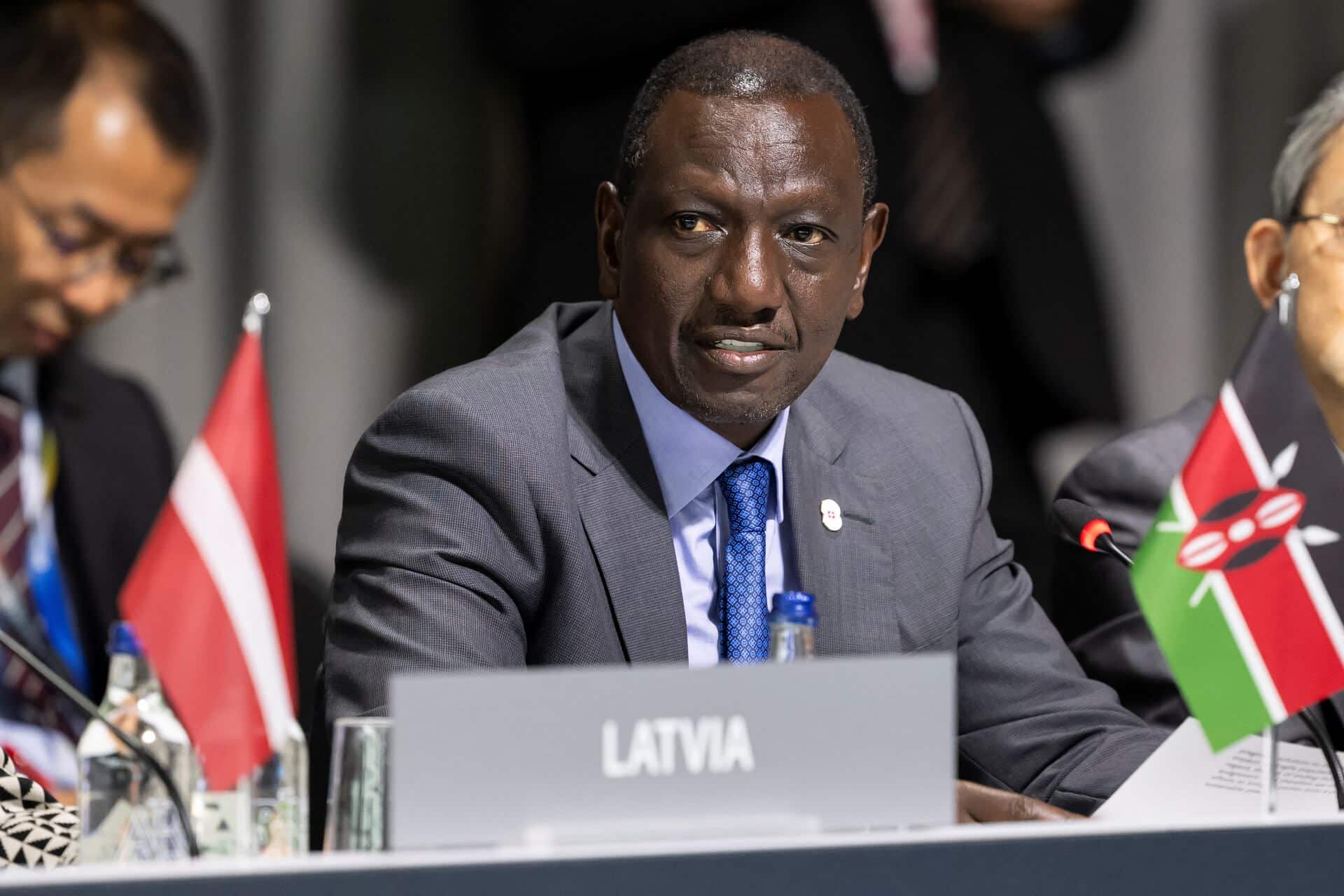
NAIROBI, July 30 (Reuters) – A former head of Kenya’s main state-owned trading company was charged in court on Tuesday with abuse of office and other offences over a 2022 scheme to import edible oil that local media said cost more than $120 million.
The arraignment of Pamela Mutua is the first notable attempt by President William Ruto’s government to rein in Kenya’s rampant corruption, after more than 50 people were killed in deadly protests against tax hikes and the graft.
Mutua, who was managing director of the Kenya National Trading Corporation (KNTC), was accused of flouting procurement laws in the award of a contract to a company called Purma Holdings Limited at an anti-corruption court in the capital.
She and KNTC both deny the charges. The imports were worth 16 billion shillings ($123.55 million), domestic media outlets have reported, but there was no mention of the figure in the charges presented in court.
Mutua faces six charges and she was freed on bail until Aug. 12 when she will appear before the court again. She was charged alongside another official of the company.
The cooking oil import scheme was put in place by Ruto’s government after he got into office in late 2022, to lower the price of the commodity, but it has been criticised by the public and local media for only benefiting well-connected importers.
KNTC contracted private companies to import the oil, mainly from Asia. The government’s standards body initially said the oil was not fit for human consumption before rowing back and clearing the consignment.
Ruto, who is forming a new government after the protests forced him to fire all but one minister, has pledged to change the laws to allow for speedy prosecution of graft suspects.
($1 = 129.5000 Kenyan shillings)
(Reporting by Humphrey Malalo; Writing by George Obulutsa; Editing by Duncan Miriri and Andrew Cawthorne)

